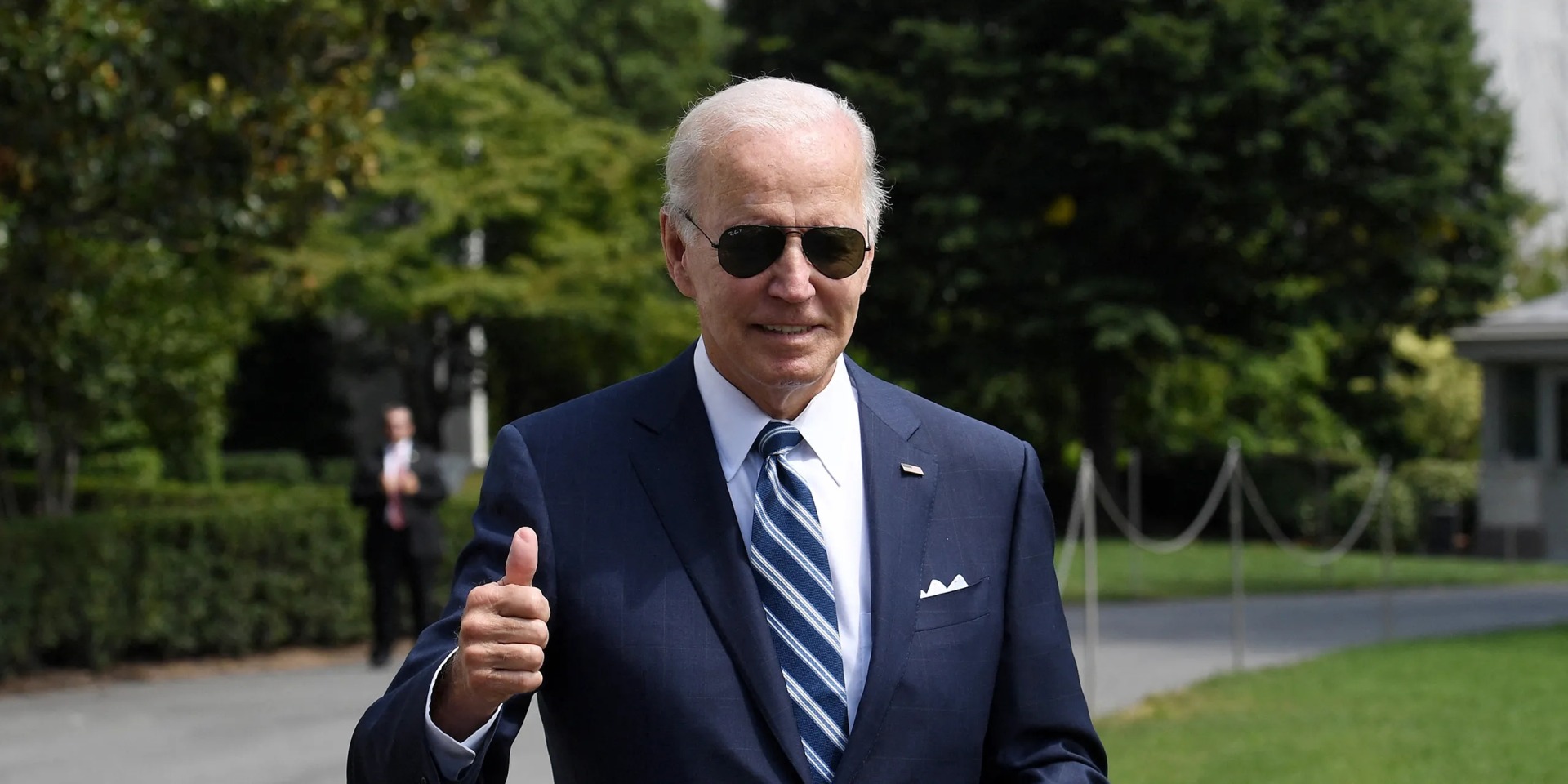Comments
- No comments found

The US Supreme Court heard arguments on Tuesday regarding President Joe Biden's plan to erase nearly $400 billion of student debt.
The court's decision, expected before June 30, will decide whether millions of Americans will see up to $20,000 of debt disappear, but could also have implications for future presidential actions.
More than 25 million people applied to the Biden administration's loan forgiveness plan before applications were halted.
The Biden administration announced the student loan forgiveness plan last August, relying on a Covid-related legal justification. The relief plan would cut $10,000 from all loans owed by people earning less than $125,000 per year, and $20,000 for students who went to university with need-based government assistance known as Pell grants.
However, Republican-led states challenged the plan, claiming Biden had overreached his authority. An appellate court halted the measure in November, leading to the Supreme Court hearing the case. Two students have also filed a lawsuit arguing they were unjustly excluded from the program.
During his campaign, Biden pledged to address the massive amounts of debt US students take on to attend higher education, with nearly 43 million Americans holding $1.6 trillion in federal student loans. The White House says the relief is critical to over 40 million Americans as they recover from the economic crisis caused by the pandemic.
Conservatives claim Biden has used the pandemic as a broad excuse to sidestep Congress, and the court's ruling could further restrict presidential authority. Republicans are hoping for a broad ruling to limit presidential authority, citing the US Constitution's requirement for clear authorization from Congress on important issues.
The court's decision could have implications for future presidential actions, particularly on crucial issues at a time when Congress itself is paralyzed by partisan divisions. The Supreme Court has already moved to overturn multiple Covid-related policies issued by the Democratic administration, including on vaccine mandates and a moratorium on evictions. The decision will be closely watched by all sides, with the potential to significantly impact the lives of millions of Americans.
While several legal challenges to the plan have been dismissed, two federal courts have sided with the challengers, leading the Biden administration to appeal to the Supreme Court to make a ruling on the programme's legality.
The cost of attending college or university has risen dramatically over the past few decades, while financial aid and support for students have not kept pace. As a result, many students are forced to take out large loans in order to cover the cost of tuition, housing, and other expenses associated with attending college.
If the court strikes down the plan, it could have implications for future presidential actions and limit the scope of executive authority. It could also result in continued financial hardship for millions of Americans struggling with student debt. Additionally, a ruling against the plan could further deepen partisan divisions in Congress and complicate efforts to address issues related to higher education financing.
Debt is particularly acute for students from low-income families, who may be unable to afford college without taking out loans, and for students who attend for-profit institutions, which often have higher tuition costs and lower graduation rates than public or nonprofit colleges and universities.
The student debt conundrum is further compounded by the fact that many students are unable to find well-paying jobs after graduating, which makes it difficult for them to pay back their loans. This can lead to a cycle of debt that can last for years or even decades, and can have long-term implications for borrowers' financial stability and well-being.
Leave your comments
Post comment as a guest